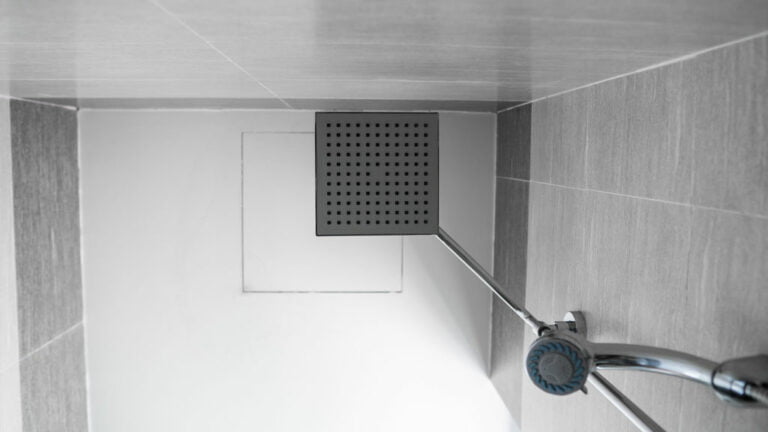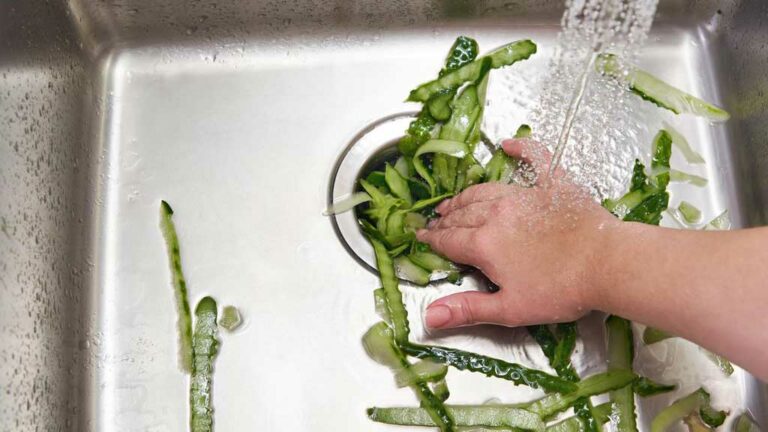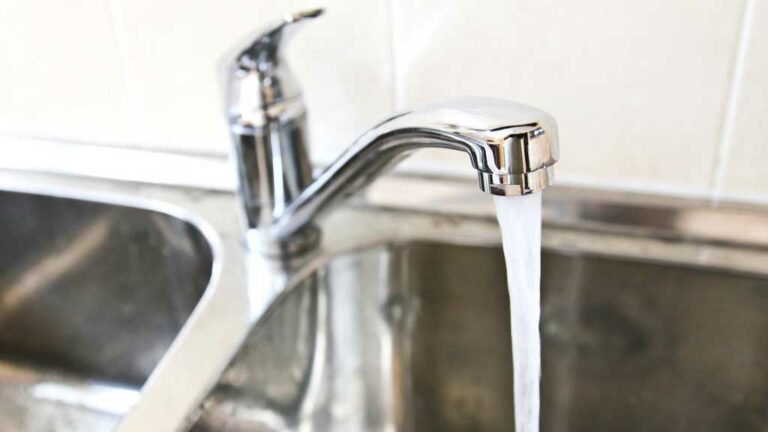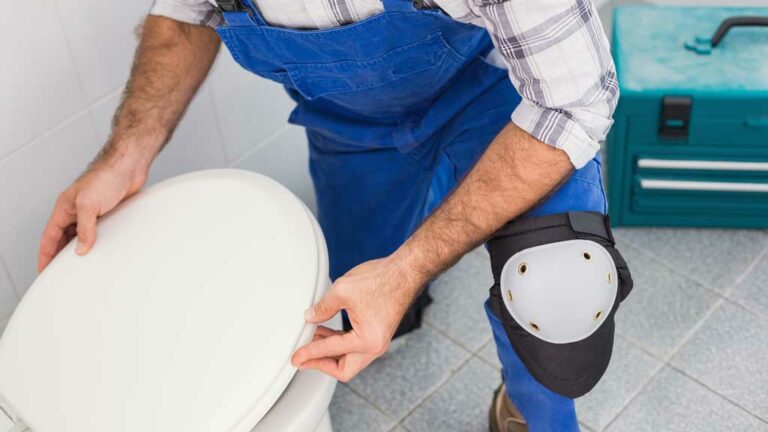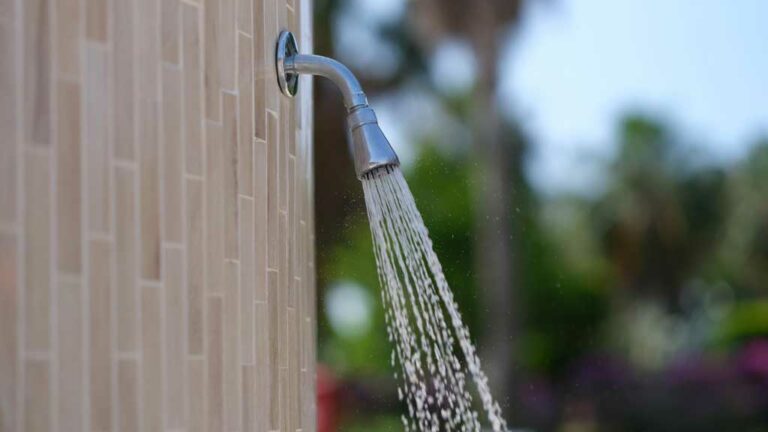The safety risks of diy gas line repair
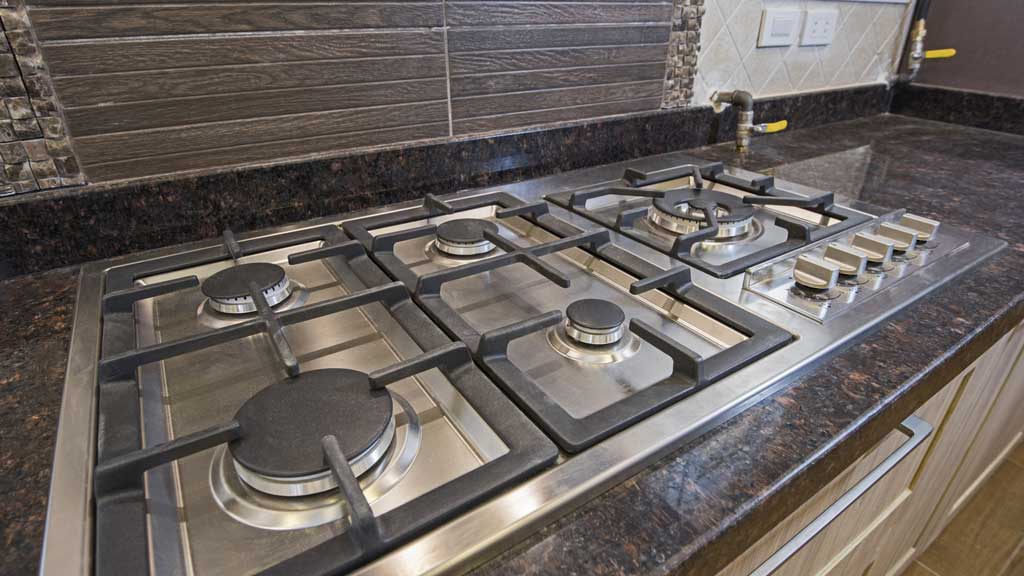
Are you one of those adventurous types who love to take on home improvement projects all by yourself? Maybe you’ve installed a new faucet or fixed a leaky toilet without calling in a plumber. But when it comes to gas line repair, you may want to think twice before taking matters into your own hands. Why?
Well, gas line repair is not as simple and straightforward as you may think. In fact, it can be downright dangerous, even life-threatening. A faulty gas line can lead to gas leaks, fires, explosions, carbon monoxide poisoning, and other safety hazards. And if you’re not trained, licensed, and experienced in gas line repair, you may make mistakes that could cost you and your family dearly.
But wait, you may be thinking, isn’t it cheaper and more convenient to do DIY gas line repair than to hire a plumber? True, hiring a professional plumber can be costly, and waiting for them to arrive can be a hassle. However, the risks and consequences of DIY gas line repair far outweigh the benefits. That’s why it’s crucial to understand the safety risks involved and why you should always leave gas line repair in the hands of a licensed and skilled professional.
In this blog post, we’ll delve into the safety risks of DIY gas line repair, explain why it’s dangerous, and offer insights on how to stay safe and avoid costly mistakes. So, stick around, and let’s explore the dangerous world of gas line repair.
Introduction to DIY Gas Line Repair: Overview of the Potential Safety Risks Involved
DIY Gas Line Repair is a popular yet risky home improvement task which requires a great deal of expertise and knowledge in order to ensure the safety of the homeowner. Gas lines are a complex network of pipes and fittings which deliver natural gas to various appliances in your home, and attempting to repair them without the help of a professional plumber can be a potentially dangerous undertaking. It is important to be aware of the safety risks involved with DIY gas line repair, as this could have serious consequences.
The most obvious and significant safety risk associated with DIY gas line repair is the potential for a gas leak, which can result in both short and long-term health risks. Gas leaks can also lead to a fire or explosion, which can have devastating consequences. Furthermore, incorrect installation and repair of gas lines can result in an inefficient and unreliable gas supply, and can also cause damage to other appliances and property. Furthermore, a lack of expertise and knowledge means that it can be difficult to diagnose and repair any issues which may arise.
For these reasons, it is highly recommended that all gas line repair work be undertaken by a qualified and experienced plumber. A professional plumber will be able to diagnose any issues with the gas supply, as well as being able to efficiently and safely install and repair any gas line. Furthermore, professional plumbers will be able to advise on any additional safety measures which may be necessary in order to ensure the smooth running of the gas supply.
Common Types of Gas Line Damage and How to Identify Them
In order to identify and repair any potential damage, it is important to understand the common types of damage that can occur. Plumbers are an invaluable resource in identifying and repairing gas line damage.
The most common type of gas line damage is corrosion. Corrosion can be caused by a variety of factors, such as age, environmental conditions, and chemical reactions. Corrosion can cause gas lines to leak, which can be a serious safety hazard. In order to identify corrosion, plumbers can use a variety of techniques, such as visual inspection, pressure tests, and dye tests.
Another common type of damage is cracking. Cracks can be caused by a variety of factors, such as shifts in the ground or extreme temperatures. Cracks can also be difficult to detect, as they can be located deep beneath the surface. In order to identify cracks, plumbers can use a variety of techniques, such as ultrasonic leak detection, gas tracing, and X-ray imaging.
Gas line repair is an important task that should not be taken lightly. Plumbers are an invaluable resource when it comes to identifying and repairing gas line damage, as they have the knowledge and experience to detect and fix any potential issues.
Understanding the Safety Risks of DIY Gas Line Repair
Gas line repair is a complex task that requires a great deal of knowledge and skill. When it comes to DIY gas line repair, it’s important to understand the safety risks and make sure you’re properly prepared before attempting a repair. Gas lines are a complex network of pipes that supply gas to your home. If a gas line becomes damaged or leaks, it can result in a potentially dangerous situation. To ensure safety and proper functioning of your gas lines, it is best to have a professional plumber complete any repair or maintenance.
They will be able to assess the extent of the damage and make any necessary repairs or replacements. Plumbers will also be able to detect any potential gas leaks and ensure that all components are functioning correctly. Additionally, they will be able to advise you on any necessary preventative maintenance or future repairs that may be needed.
Due to the potential safety risks involved, DIY gas line repair is not recommended. If you think you may have a gas line issue, it is best to contact a licensed and certified plumber for a professional inspection and repair. This will ensure that your gas lines are safe and functioning properly, and can help avoid any potential safety hazards.
What to Do in Case of an Emergency During DIY Gas Line Repair
In case of an emergency during a DIY gas line repair, one should immediately contact a qualified plumber. It is important to remember that gas line repair can be a dangerous task and requires a great deal of caution. Even the slightest mishandling of the gas line can lead to a potentially hazardous situation. Additionally, the plumber can help identify any underlying issues or potential problems that may arise during the repair process. Furthermore, the plumber can provide advice and guidance on the best methods to complete the repair efficiently and safely.
Gas line repairs require a thorough understanding of the local codes, regulations, and safety protocols. It is important to ensure that all pipe connections and seals are properly installed and tested to prevent any gas leaks. Additionally, it is important to assess the pipe for any damage before beginning the repair. If the pipe is significantly damaged, the repair should be left to a professional. Furthermore, it is important to take extra precautions to ensure that the gas line is not exposed to any sparks or flames during the repair process.
It is essential to follow all safety protocols to avoid an emergency during a DIY gas line repair. It is best to consult with a qualified plumber before beginning the repair process to ensure that the repair is completed safely and effectively. Additionally, it is important to make sure that all pipes are properly tested and inspected before and after the repair. By following these steps, one can avoid any dangerous accidents or emergency situations.
Concluding Thoughts: Reducing Risks and Ensuring Safety When Doing DIY Gas Line Repair
When it comes to DIY gas line repair, safety should always be the primary concern. While there are many benefits to attempting a repair on your own, there are also risks and potential dangers. To reduce the risks and ensure safety, it is highly recommended to consult a certified and licensed plumber. A professional plumber can evaluate the gas line in detail and will be able to advise the best course of action. Not only will this help ensure that the repair is done properly, but it can also provide peace of mind.
In addition to consulting a professional, there are a few other safety considerations to keep in mind when attempting any DIY gas line repair. First, be sure to use the correct tools and materials. This includes wearing protective gear and making sure that all necessary safety measures are taken. Second, be aware of the potential hazards associated with the repair and make sure to follow the manufacturer’s instructions. Finally, if the repair is not completed properly, it can cause major problems and even lead to a gas leak.
DIY gas line repair can be a great way to save money and time. However, it is important to keep safety at the forefront. By consulting a professional, using the right tools and materials, and understanding the potential hazards, you can reduce the risks and ensure that the repair is done correctly.
Conclusion
Overall, DIY gas line repair is not recommended due to the many safety risks associated with it. If you are experiencing a gas leak or other gas line issue, it is best to contact a qualified gas line repair professional to ensure the safety of your home and family. Professional gas line repair technicians have the knowledge and expertise to safely and effectively complete any repair job and will also be able to install new gas lines if the situation calls for it. DIY gas line repair can be a dangerous task that should only be attempted by those with the proper safety training and experience

